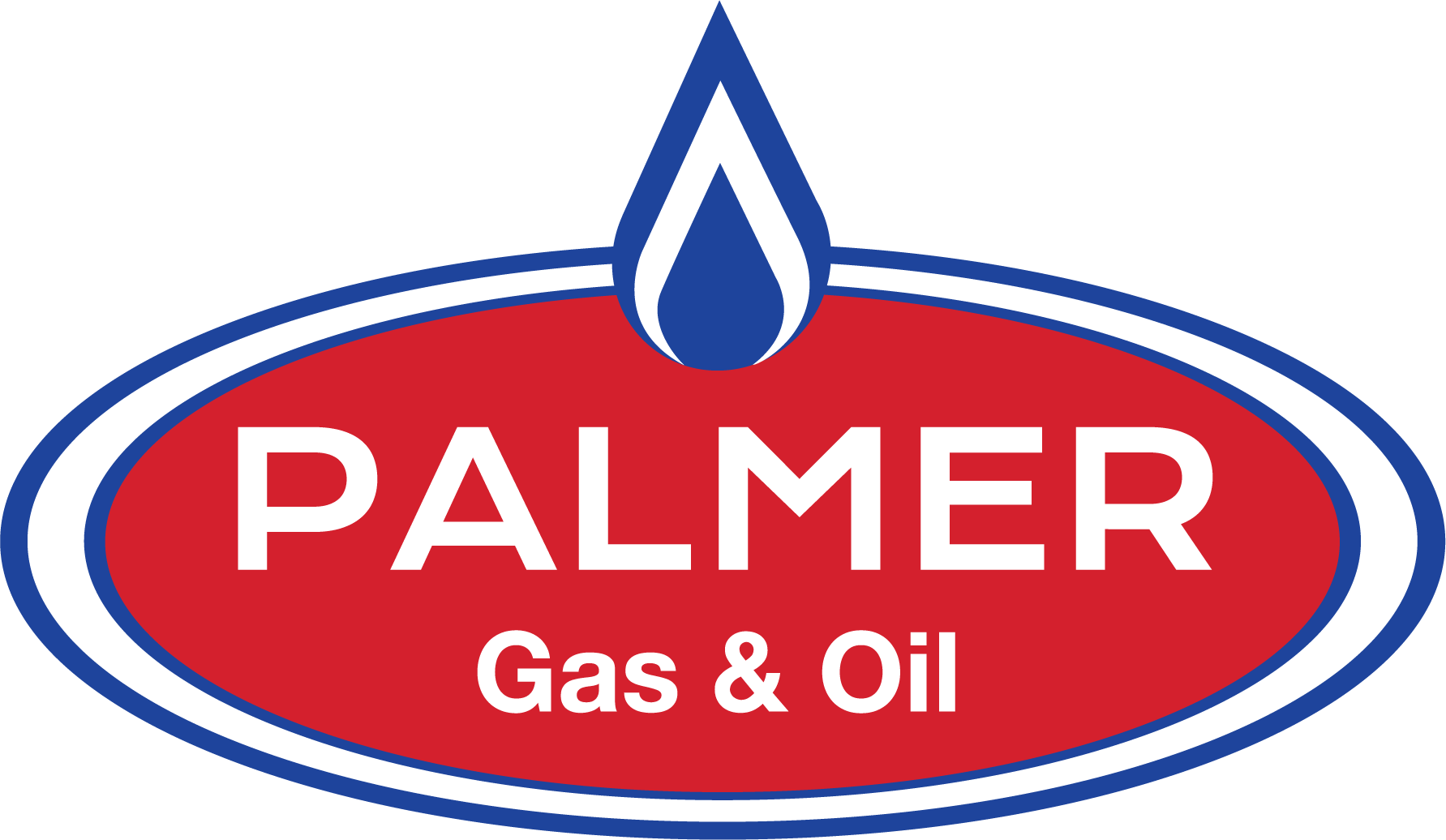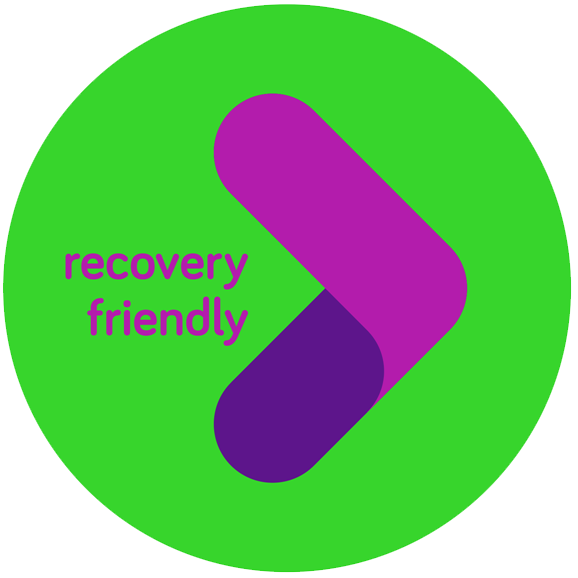June 8, 2020
Building on expanding capacity, the plan provides testing option as an alternative to Maine’s 14-day quarantine
The Mills Administration today unveiled an alternative to the State’s 14-day quarantine requirement for people entering Maine. The multilayered plan, called Keep Maine Healthy, aims to protect the health of Maine people and visitors while allowing the opportunity for people to visit Maine and support Maine small businesses during the summer months. The plan rests on three cornerstones: 1) having visitors certify that they have received a recent negative COVID-19 test to stay in lodging establishments, such as hotels, as an alternative to quarantine; 2) increasing symptom checks at places where visitors tend to go; and 3) supporting community promotion of COVID-19 prevention best practices and public health education.
“The COVID-19 pandemic has loomed large over our state’s tourism industry. Many Maine people are fearful that more visitors will increase the spread of the virus while many small businesses are fearful that a lack of visitors will force them to permanently close their doors,” said Governor Janet Mills. “It is my hope that by creating layers of protection to reduce the risk of transmission of the virus this plan will protect public health, establish Maine as a safe place to visit, and allow tourists to come to Maine to support our small businesses.”
“We look forward to safely welcoming tourists to Maine,” said Heather Johnson, Commissioner of the Department of Economic and Community Development. “We believe that tourists will be selecting destinations that are safe and still have the high quality experiences that Maine is known for.”
“Maine people and businesses should be proud that their commitment to public health and science-based precautions has limited the spread of COVID-19,” said Jeanne Lambrew, Commissioner of the Department of Health and Human Services. “As we enter the summer months, Maine is prepared to support visitors as well as residents of our state in keeping Maine healthy.”
To protect Maine people during the onset of the COVID-19 pandemic, the State implemented a quarantine requirement – a proven public health strategy to mitigate the spread of the virus – that required those entering Maine to quarantine for 14 days. Nearly half the states in the country, including all in New England, implemented some form of quarantine for travelers since the start of the pandemic.
Recognizing the value of the tourism and hospitality industries to Maine’s economy, and knowing that people will travel to locations that are safe, the Mills Administration has been working collaboratively to develop a proposal that aims to protect the health of Maine people and visitors while allowing the opportunity for tourists to enjoy Maine’s incredible summer and support our small businesses. Over the course of the past several weeks, the Administration has engaged with tourism and hospitality industry leaders, business owners, local chambers of commerce, public health experts, lawmakers, and municipal officials, among others, to devise the Keep Maine Healthy plan.
Keep Maine Healthy has three cornerstones:
- Testing as an Alternative to Quarantine: The State will allow adults who obtain and receive a negative COVID-19 test no later than 72 hours prior to arrival forgo the 14-day quarantine upon arrival in Maine. This test indicates that, even when coming from areas with a higher prevalence of the disease than Maine’s, such individuals are unlikely to have COVID-19 and to spread it to Maine residents and other visitors. Maine is strongly urging visitors to “Know Before You Go,” meaning they should get tested and receive their test results in their home state before traveling to Maine, which will allow them to take appropriate action depending on the result. Individuals may be tested upon arrival in Maine as well, but they must quarantine while awaiting the results.
Additionally, the State will exempt residents of New Hampshire and Vermont from the testing and 14-day quarantine requirement altogether because, when adjusted for population, the prevalence of active cases of COVID-19 in these states is similar to that in Maine. There is no other state with as low a prevalence of COVID-19 within a 12 hour drive. Meanwhile, the prevalence of the virus in states like Massachusetts, New York, and New Jersey – where nearly half of Maine’s tourists historically originate – is eight to eleven times higher than the population-adjusted cases in Maine. This exemption is effective immediately for travel and effective June 12th for stays in lodging establishments. The State will continue to evaluate possible additional exemptions based on trends in other states.
People who are not residents of Maine, New Hampshire or Vermont and are visiting Maine will be asked to sign a Certificate of Compliance indicating either that they have received a negative COVID-19 test result, that they will quarantine in Maine for 14 days, or that they have already completed their quarantine in Maine. This compliance form must be provided to check-in at all Maine lodging, campgrounds, seasonal rentals, overnight camps, and other commercial lodging, such as Airbnb. Visitors may be asked to furnish proof of the negative test result upon request. It will become effective July 1 (Stage 3) when lodging establishments may begin serving residents outside of Maine, New Hampshire, and Vermont. The Department of Economic and Community Development, in conjunction with the Department of Health and Human Services, has prepared a draft form for public feedback and will finalize it in the coming week. Signing a compliance form in order to stay in lodging establishments is also a policy employed by both the states of New Hampshire and Vermont.
- Increasing Symptom Checking: Given that at least half of all people with COVID-19 show symptoms, the State will encourage symptom checks through State and local systems, as well as through the private sector, like those the State has already required for some COVID-19 Prevention Checklists utilized by Maine businesses.
The Department of Health and Human Services will partner with the Maine Community College System to enlist Maine students in the health professions under the guidance of the Public Health Nursing Program to ask visitors in high-traffic places in tourist destinations, such as visitors’ centers and beach parking lot entrances, about such symptoms and to offer advice on staying well. Additionally, the Department of Transportation will place signs at key sites – such as along major roadways entering Maine, State Parks, or State Ferries – instructing people to stay home or seek medical care if they have symptoms of COVID-19. These signs will also include the requirement that most out-of-state visitors quarantine or get tested for COVID-19. High-density private sector businesses, such as museums and retail stores, will be encouraged to use symptom checks as well.
-
Supporting Local Public Health and COVID-19 Prevention Efforts: Recognizing that municipalities are on the front lines for community questions and concerns related to COVID-19 and that many municipalities would like to partner with the state to be part of the solution, the State will incentivize municipalities to develop and implement their own COVID-19 prevention and protection plans by reimbursing municipal costs associated with public health education and prevention activities. The State will support up to a total $13 million statewide from the 100 percent federal Coronavirus Relief Fund. Local prevention and education plans should include a point of contact for the municipality or Tribal government and one or more of the following:
- Public education activities: This could include printing and posting of existing State or national COVID-19 prevention information and developing local educational activities that are consistent with CDC guidelines. Costs eligible for reimbursement would include staff time for planning and education activities and costs for signage, materials, website development, brochures and mailing.
- Physical distancing and public health support: This could include fences, tape, and signage for physical distancing in public spaces and closed streets; providing staff to limit crowds in front of restaurants, bars, beaches and other sites; new traffic pattern signage and education; purchases of personal protective equipment and hand sanitizer to be made available for staff, visitors, and for use at public locations; and extra cleaning supplies and additional staff time required for enhanced cleaning and management of public spaces and restroom facilities.
- Local business assistance: This includes staff time for a Code Enforcement Officer, Local Health Officer, or other person designated by the municipality or Tribe to be the local contact for educating local businesses on best practices. This may include following up on public complaints and, for certain cases, reporting to State officials when there is a potential public health violation that cannot be quickly resolved through educational means.
“The Maine Municipal Association commends and thanks Governor Mills and her Administration for developing the Municipal COVID-19 Awareness Campaign opportunity for cities and towns,” said Christine Landes, President of Maine Municipal Association and Gardiner City Manager. “Not only will the program help offset local expenses, it also recognizes the front line role municipal officials have played, and continue to play, in keeping their residents and visitors safe since the COVID-19 health crisis took hold in mid-March. By making $13 million in CARES Act funding available, the Governor’s partnership plan provides municipalities with reimbursement for local public health education and support activities and local business assistance. MMA encourages municipalities that have the capacity and interest to take advantage of this local coronavirus assistance program.”
The three elements of this plan – testing, symptom checks, and local prevention – will complement the State’s work to raise awareness of best practices to keep Maine safe during the COVID-19 pandemic. To that end, the Department of Health and Human Services has launched a public awareness campaign called “Keep It Maine” to motivate people to continue the COVID-19 prevention best practices that have helped Maine maintain its low case counts compared to other states, including physical distancing, wearing of cloth face coverings, and hand hygiene.
In addition to the prevention measures, a new standing order and significantly expanded testing will support employees of Maine’s tourism industry. Employees and customer service are the core of the Maine tourism experience, and this expanded testing will ensure they have access to testing to protect themselves, their families, and the people at their hotels or other hospitality sites.
Throughout this process, Maine CDC will monitor epidemiological data, as it has throughout the entire reopening process, including case trends, hospitalization rates, and reports of COVID-like symptoms, as well as health care readiness and capacity. If a review of these metrics in their totality and in context finds evidence of a concerning increase in COVID-19, the State reserves the right to move swiftly to limit harm and protect Maine people, including the potential of rolling back some sector-specific re-openings in a community or region.
A longform version of Keep Maine Healthy can be read HERE.



